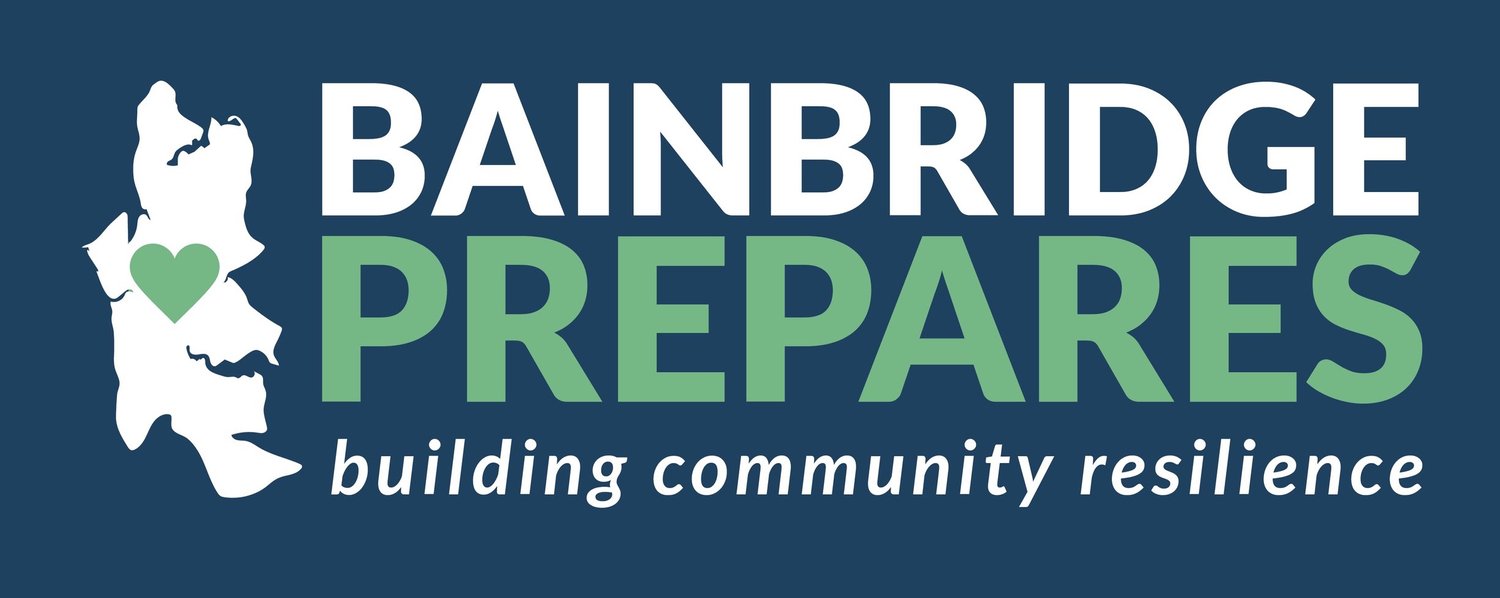It's Spring! Check Your Emergency Kits and Supplies
 Spring is when many of us turn our attention to pulling out warmer weather clothing, getting rid of unwanted stuff, and cleaning. It's also a great time of year to check and update your emergency kits and supplies.Here's our BP checklist to help you with the emergency checkup part of spring cleaning.Spring Checklist
Spring is when many of us turn our attention to pulling out warmer weather clothing, getting rid of unwanted stuff, and cleaning. It's also a great time of year to check and update your emergency kits and supplies.Here's our BP checklist to help you with the emergency checkup part of spring cleaning.Spring Checklist
- Test your smoke alarms and carbon monoxide alarms.
- Check the dates on your emergency water supply. Commercially filled water containers will last about five years. Any containers you have filled yourself should be changed out every year. But don't just throw that water away. Use it for garden watering or cleaning.
- Check the dates on your emergency food supply. Foods that have been frozen without interruption will always be good (although they may lose some taste). Canned and packaged dry goods are stamped with expiration dates, but these dates are just guidelines and according to the USDA refer to quality, not safety. In fact, the USDA says you can safely eat most dry goods well after the expiration date as long as the containers are not opened or damaged (avoid dented cans). Again, the older foods may not taste as great. Don't forget pet food.
- Check the tires on your vehicles and make sure they are inflated to the recommended PSI.
- Check your gasoline and kerosene supplies to make sure your stored amounts haven't expired. The J.D. Power company says that gasoline has a shelf-life of about three to six months. You don't want to pull out your chainsaw in an emergency only to discover your gas has gone bad. You'll know because the chainsaw won't start, the gas will look darker and it will smell sour, and/or if you've stored it in metal, the metal will have started to rust. Kerosene, on the other hand, can last up to five years if it's stored in airtight, opaque plastic containers. That's because kerosene will get diluted by condensation. You don't want to be unable to light your hurricane lamp when the power goes out.
- Check your propane supplies. If your camp stove or grill uses propane, make sure you have enough on hand to get you through a long power outage. The good thing about propane is it doesn't go bad.
- Test your batteries. Recycle the nonfunctional ones and restock with new. Consider getting the ZTS multi-battery tester so you can easily check the health of your emergency batteries.
- Check your meds. You don't want to run out of medication during an emergency when pharmacies are shut down. Make sure the meds you use all the time and the ones you use infrequently are still up to date. Don't forget pet meds.
- Take a peek at your first aid kit. Is there anything in there that has expired or anything that needs to be replaced? Don't forget the first aid kits in your vehicles too.
- Check your emergency documents. During the past year, maybe you've purchased a new life insurance policy or replaced a vehicle or gotten a new passport. Your emergency documentation paperwork (which you keep in a water-tight container in an easily accessible place like your go bag) needs to be updated regularly to make sure it reflects your current i.d.s, policies, titles, prescriptions, licenses, and contact information.
- Check your go bag. Has anyone in your family outgrown the extra sets of clothes you have packed?
- Check your sanitation supplies, like TP, hand sanitizer, and bleach, to make sure they're not expired and haven't been damaged, dried up. or leaked.
Are your matches dry? Have the rats destroyed anything? Got extra toothpaste? Once you've gone through the checklist, take a deep breath. Now you can confidently get back to your cleaning and gardening.
